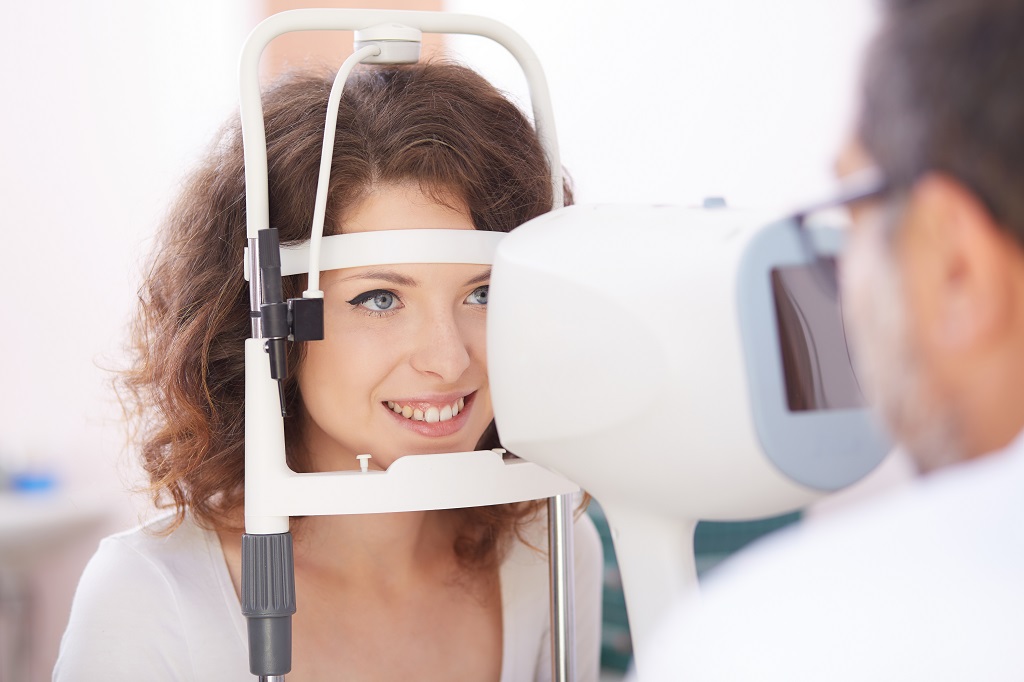Featured
Table of Contents

Regular eye examinations are essential for preserving great vision and detecting prospective eye health issues early. Nonetheless, the regularity of these exams can vary significantly based upon an individual's age, lifestyle, and total wellness. Recognizing the suggested schedule for eye exams can assist ensure that individuals of all ages get ideal treatment and surveillance for their eye health and wellness.
Newborns and Toddlers (0-2 Years)
For toddlers and babies, eye examinations are essential for spotting any potential vision issues early on. The American Academy of Ophthalmology recommends that a kid's very first eye test should happen at around six months old. Throughout this initial see, the eye treatment specialist will certainly examine the youngster's aesthetic development and check for any type of obvious eye problems.Following this first examination, it is suggested that kids have one more eye exam at age three. This see will certainly concentrate on examining the child's total visual function, consisting of eye positioning and the ability to track things. If no problems are found, the next test must be scheduled prior to the youngster starts school, commonly around age 5 or six.
School-Aged Kids (6-18 Years)
As soon as children reach institution age, normal eye exams need to be scheduled each to 2 years. Vision is important for learning and growth, and several schools perform vision screenings. Nevertheless, these screenings do not change a thorough eye exam by an eye care expert.For children associated with activities or sporting activities requiring significant aesthetic emphasis, annual eye tests might be suggested. In addition, if a child displays indications of vision problems-- such as difficulty reading, squinting, or regular frustrations-- a browse through to the eye doctor need to be scheduled immediately.
Young Grownups (19-39 Years)
Young grownups usually have fewer vision adjustments than older age teams, but routine eye exams continue to be important. The general referral is to schedule an eye exam every two years throughout this period. Nonetheless, people with particular risk aspects-- such as a family members history of eye condition, diabetic issues, or those that put on contact lenses-- need to think about annual eye tests.Additionally, those who spend considerable time on digital devices might experience digital eye pressure. If signs such as dryness, exhaustion, or blurred vision happen, it may be smart to see an eye treatment expert earlier.
Adults (40-64 Years)
Grownups aged 40 to 64 need to set up eye tests every one to two years. Eye examinations can also assist find various other typical age-related conditions such as glaucoma, cataracts, and macular degeneration.If individuals in this age have danger elements like hypertension or diabetes, they might need more regular exams to check their eye wellness very closely.
Seniors (65 Years and Older)
For elders, normal eye tests end up being a lot more critical. The American Optometric Organization recommends that people matured 65 and older have an eye test at the very least yearly. Older grownups are at a greater risk for various eye diseases, consisting of cataracts, glaucoma, and age-related macular degeneration. Early discovery and treatment of these conditions can prevent vision loss and enhance the top quality of life.Conclusion.
Understanding the ideal schedule for eye examinations based on age is essential for maintaining optimum eye health and wellness throughout life. From babies to seniors, regular eye assessments play a critical function in detecting issues early and ensuring that vision stays sharp. By adhering to these standards and consulting with an eye treatment professional, people can take positive steps towards protecting their vision and general health. Whether it's a child's very first browse through or an elderly's yearly exam, focusing on eye care is a financial investment in lifelong well-being.Table of Contents
Latest Posts
Washington Fencing's Technique to Ensuring Quality and Toughness in Every Fence Job
Published Nov 23, 24
0 min read
How to Spot and Address Common Roofing Issues Before They Escalate
Published Nov 23, 24
1 min read
Replacing Garage Doors: Signs It’s Time for an Upgrade
Published Nov 23, 24
3 min read
More
Latest Posts
Washington Fencing's Technique to Ensuring Quality and Toughness in Every Fence Job
Published Nov 23, 24
0 min read
How to Spot and Address Common Roofing Issues Before They Escalate
Published Nov 23, 24
1 min read
Replacing Garage Doors: Signs It’s Time for an Upgrade
Published Nov 23, 24
3 min read